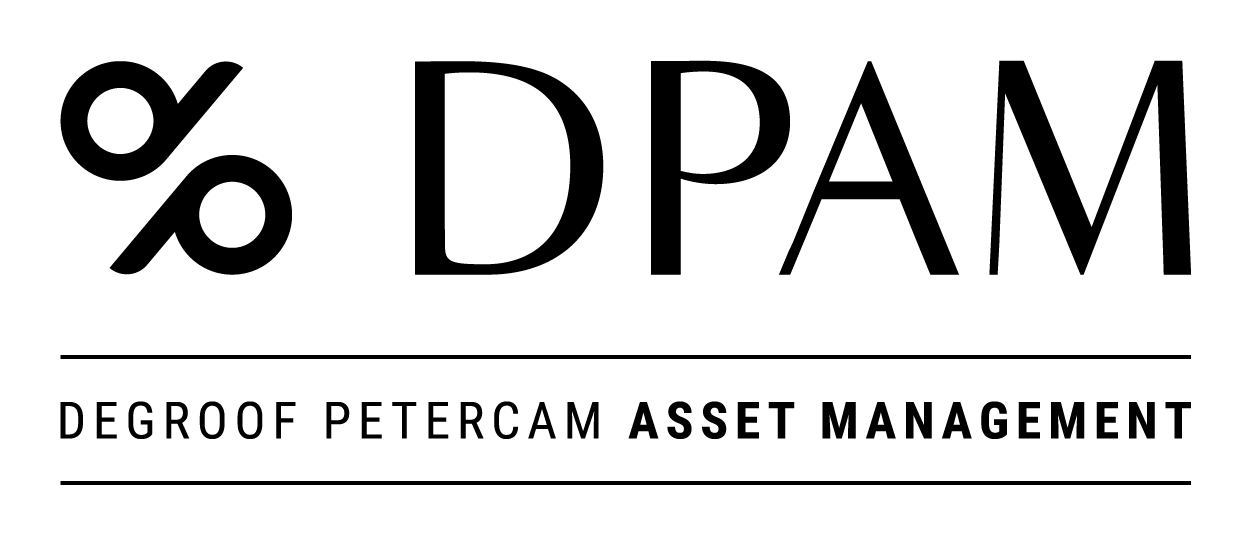TRANSPARENCY AND DEMOCRATIC VALUES
The titles of Freedom House or Democracy Index reports have highlighted the deterioration of civil rights and freedoms over the last fifteen years. The health crisis has been instrumentalised by authoritarian regimes to reinforce dictatorship and the curtailment of individual rights. Only 8.4% of the population is living in a full democracy, while 35.6% live in severe authoritarian regimes.
ENVIRONMENT
OECD countries are the largest per capita emitters of carbon. The lack of co-operation and co-ordination between climate policies within a country and across the OECD as a whole makes them less effective and slows down the transition to a low-carbon economy. The impact of the lockdowns and health crisis on carbon emissions is not yet clearly confirmed. However, after a decline over several years, the emissions had increased again in 2018, demonstrating that the link between economic growth and environmental deterioration had not yet been broken.
EDUCATION
The latest PISA study (2018) focused on the current teenage generation’s professional ambitions, particularly with regard to the (r)evolution taking place in the labour market. The findings were quite alarming, as they highlighted the mismatch among education, aspirations and market needs. The 2020 Global Competitiveness Index also stresses the critical need for education, re-skilling, re-directing and up-skilling, for inclusive prosperity. Education systems need to evolve to meet the digital and critical thinking skills needed to train workers.
HEALTH, POPULATION AND WEALTH DISTRIBUTION
2020 ended with the annual mortality rate risen by almost 4% and marks a significant loss for social welfare. The implications of the health crisis have created economic insecurity, increased stress and anxiety and imposed a significant change in lifestyle. It has also increased social inequalities at a time when the European Union’s growth strategy aims to be inclusive and offer equitable opportunities.
ECONOMICS
The contraction of global GDP by almost 5% in 2020 is leading to one of the biggest crises in recent generations. Job vacancies remain at least 20% below their standard level. There is a need to revitalise human capital.


